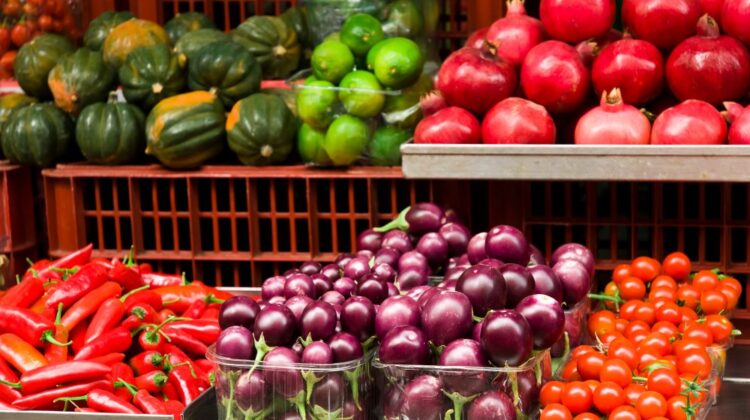
Improving your community’s access to healthy, fresh, local food
Diet according to the Merriam-Webster dictionary is defined as food and drink regularly provided or consumed or a habitual nourishment. Therefore a diet might not necessary be nutritious. Nutrition on the other hand is the process of providing or obtaining the food necessary for health and growth.
According to the WHO, Nutrition is a critical part of health and development. Better nutrition is related to improved infant, child and maternal health, stronger immune systems, safer pregnancy and childbirth, lower risk of non-communicable diseases (such as diabetes and cardiovascular disease), and longevity. Healthy children learn better. People with adequate nutrition are more productive and can create opportunities to gradually break the cycles of poverty and hunger. Malnutrition, in every form, presents significant threats to human health. Today the world faces a double burden of malnutrition that includes both undernutrition and overweight, especially in low- and middle-income countries.
The Agricultural sector needs to be focused on if we intend to improve access to healthy, fresh, local food. Government policies around local content optimization need to not only be passed but effectively monitored. We should ensure that farmers are able to sell what they produce so they are motivated to produce more in the coming seasons. The commodity market also needs to be structures in a way that farmers are not forced to sell at market prices lower than the input and efforts they have invested during primary production. Farmers need to be financially empowered to feed well.
Adequate interventions and storage systems to combat post-harvest losses such as access to affordable energy which enables farmers adequately store cold chain products to semi-process other produce without too much drudgery. Adequate infrastructure needs to be put in place to ensure easy transportation of fresh produce from one end of the country to the other especially the rail system. The problem of food losses poses serious implications for food security in Nigeria, with the country losing about $9 billion annually due to post-harvest losses in the sector, this is something that needs to be critically addressed
Educating families on nutrition and its impact, practical teachings on food classifications and preparations especially for the children so that parents are aware on what the children need for sound minds, alertness, optimal growth, and good health.
How can you improve your community’s access to healthy, fresh, local food?


